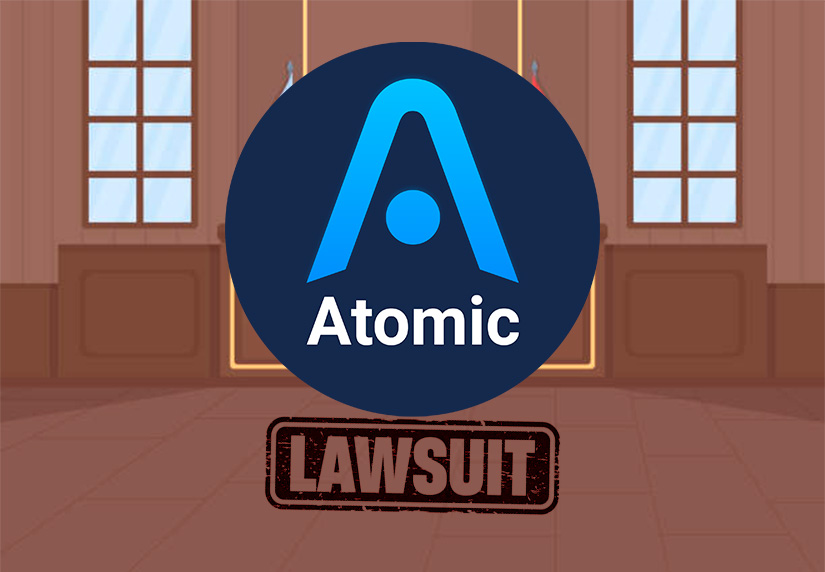A group of cryptocurrency investors have filed a class action lawsuit against Atomic Wallet, a noncustodial crypto wallet that was hacked in June and lost $100 million worth of digital assets.
The plaintiffs, who are mostly from Russia and the Commonwealth of Independent States claim that Atomic Wallet failed to inform them about the breach and did not report it to the authorities. They are seeking to recover their losses and hold the company accountable for its negligence.
According to the lawsuit, Atomic Wallet was breached by a hacker group that exploited a vulnerability in the wallet’s code. The hackers were able to access the private keys of thousands of users and transfer their funds to their own accounts.

The lawsuit alleges that Atomic Wallet did not disclose the hack to its users or the public until several days later when it was too late to prevent the theft. The company also did not cooperate with the police or the crypto community to track down the hackers and recover the funds.
Atomic Wallet did not reveal the exact cause of the exploit that occurred in June. The company only speculated that it could have been due to one of these four scenarios: a virus on user devices, an infrastructure breach, a man-in-the-middle attack, or malware code injection.
Ukrainian Hackers Could be Behind the Attack
The plaintiffs are represented by German lawyer Max Gutbrod and Boris Feldman, a co-founder of Moscow legaltech firm Destra Legal. They say they have evidence that links the hack to a Ukrainian hacker group, rather than the North Korean cybercrime group Lazarus, which was initially suspected.
Atomic Wallet has not commented on the lawsuit yet. The company previously said that only 0.1% of its users were affected by the hack and that it was working on improving its security measures.
The hack of Atomic Wallet is one of the largest crypto thefts in history and raises questions about the safety and reliability of noncustodial wallets, which allow users to control their own private keys but also expose them to more risks.


